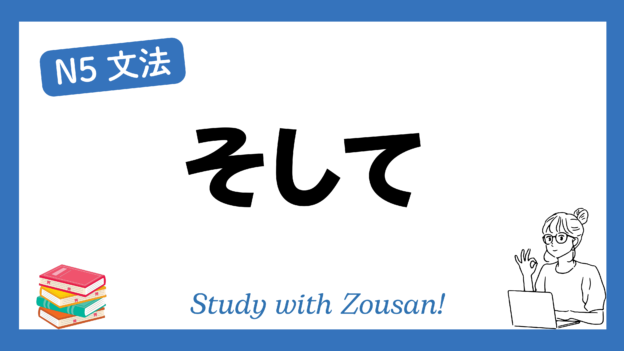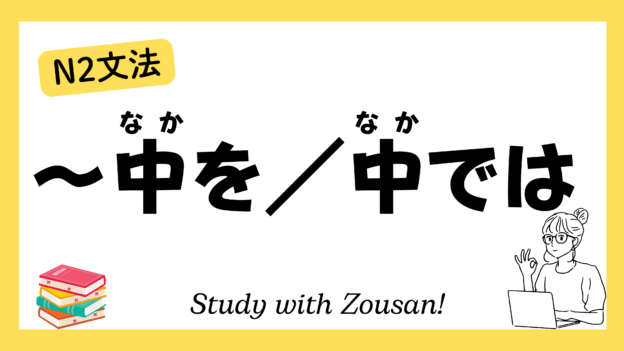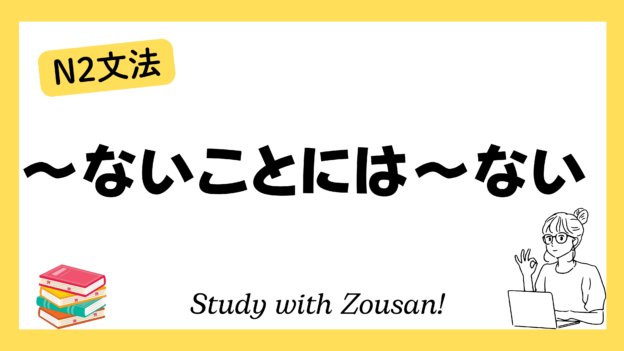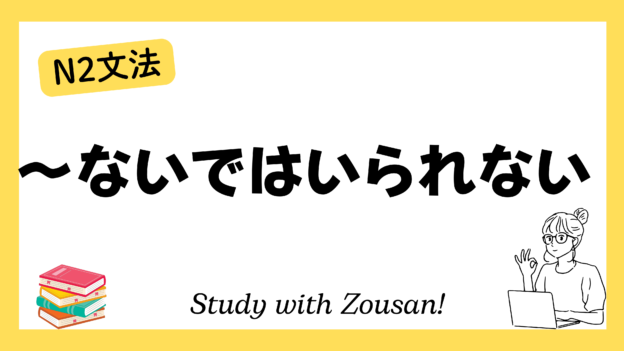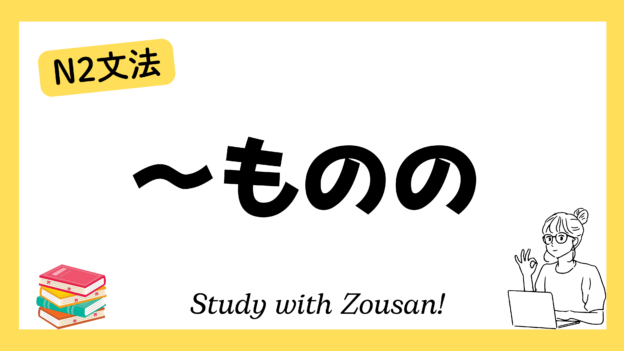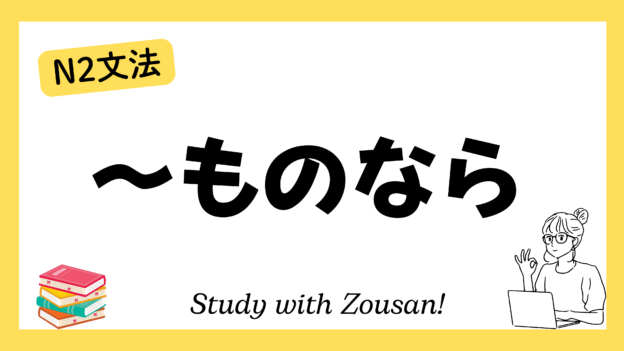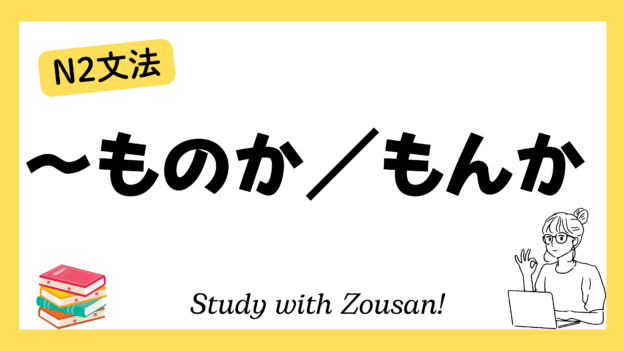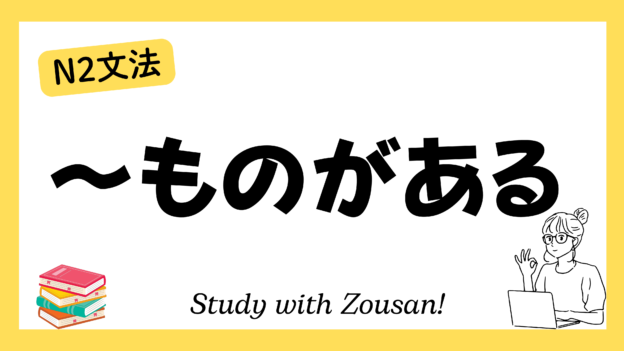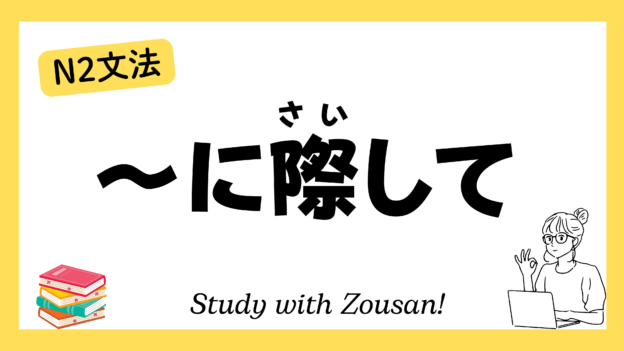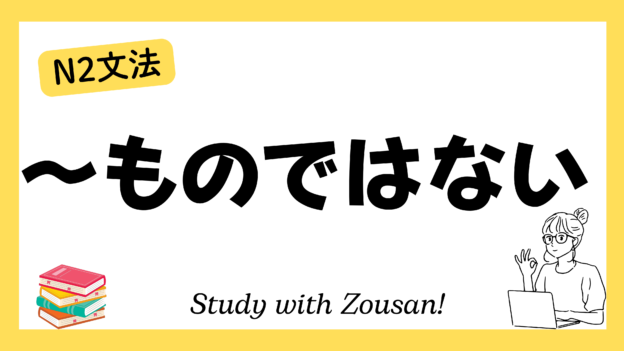Meaning: “And…” / “Then…” / “After that…”
The structure そして is a common conjunction used to link two sentences, ideas, or actions together. It is often used to describe continuity or a logical relationship between events, and it frequently appears in both spoken and written language to continue a story or a series of actions.
※Note:
・そして is often used to describe the continuity between actions or events that occur in chronological order.
・This structure can also be used to add information or introduce a new, related idea to the previous sentence.
Structure:
| そして + Clause |
Example:
-
-
-
🌟 朝ごはんを食べました。そして、学校に行きました。
(あさごはん を たべました。そして、がっこう に いきました)
I had breakfast. And then, I went to school. -
🌟 買い物に行きました。そして、友達に会いました。
(かいもの に いきました。そして、ともだち に あいました)
I went shopping. And then, I met my friend. -
🌟 昼ごはんを食べました。そして、少し休みました。
(ひるごはん を たべました。そして、すこし やすみました)
I had lunch. And then, I took a short break. -
🌟 勉強しました。そして、テストを受けました。
(べんきょう しました。そして、テスト を うけました)
I studied. And then, I took the test. -
🌟 友達と遊びました。そして、映画を見に行きました。
(ともだち と あそびました。そして、えいが を みに いきました)
I played with my friend. And then, I went to watch a movie. -
🌟 学校から帰りました。そして、宿題をしました。
(がっこう から かえりました。そして、しゅくだい を しました)
I came home from school. And then, I did my homework. -
🌟 彼はサッカーが好きです。そして、毎週末にプレーします。
(かれ は サッカー が すき です。そして、まいしゅうまつ に プレイ します)
He likes soccer. And he plays every weekend. -
🌟 日本に行きました。そして、文化を学びました。
(にほん に いきました。そして、ぶんか を まなびました)
I went to Japan. And then, I learned about the culture. -
🌟 この料理は美味しいです。そして、作るのも簡単です。
(この りょうり は おいしい です。そして、つくる の も かんたん です)
This dish is delicious. And it’s easy to make as well. -
🌟 本を読みました。そして、感想を書きました。
(ほん を よみました。そして、かんそう を かきました)
I read a book. And then, I wrote my impressions.
-
-


